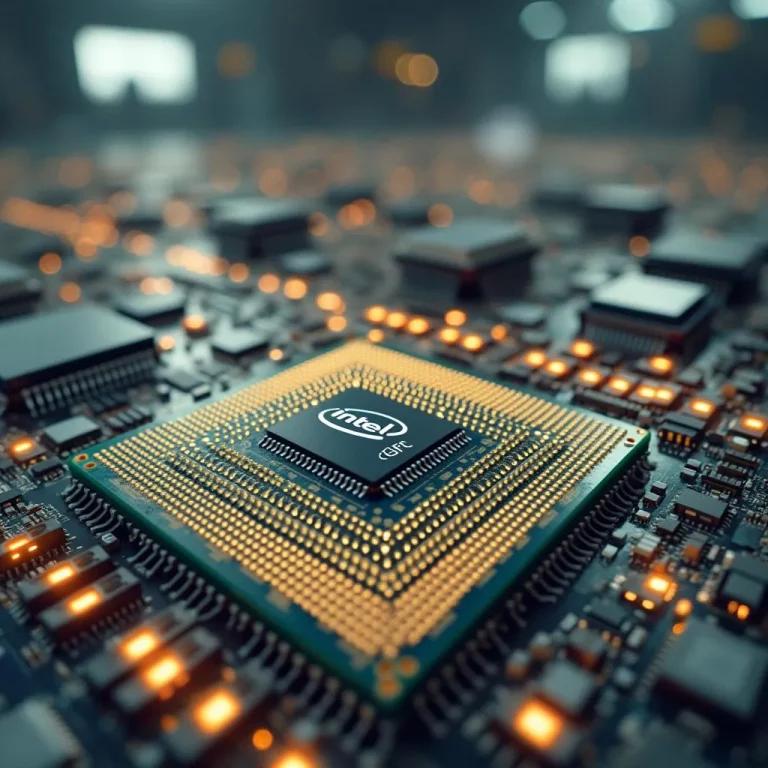AI Giants Clash in Math Olympiad: OpenAI and Google's Impressive Performances Spark Debate
- 0 reactions
- 1 month ago
- Flaik.ai

AI Giants Clash in Math Olympiad: OpenAI and Google’s Impressive Performances Spark Debate
In a groundbreaking development for artificial intelligence, two tech behemoths, OpenAI and Google, recently showcased their AI models’ prowess in a challenging mathematics competition. The results were nothing short of remarkable, demonstrating the rapid advancements in AI capabilities. However, the aftermath of this intellectual showdown has sparked an intriguing debate within the tech community.
Unprecedented AI Performance in Mathematics
Both OpenAI and Google’s AI models exhibited exceptional problem-solving skills, tackling complex mathematical problems that would challenge even the brightest human minds. This performance highlights the growing potential of AI in fields traditionally dominated by human intellect, such as advanced mathematics and theoretical problem-solving.
The Controversy: Scoring and Methodology
Despite the impressive results, a controversy has emerged regarding how each company’s AI model achieved its score. The dispute centers around the methodologies used and the interpretation of the results, reflecting the competitive nature of the AI industry and the importance of transparency in AI achievements.
Implications for AI Development
This event not only showcases the current capabilities of AI but also hints at its future potential. As AI continues to evolve, we may see it playing increasingly significant roles in various fields, from scientific research to everyday problem-solving. For instance, in the real estate sector, AI could revolutionize property valuation and market analysis, much like how our Website SEO Optimizer is transforming digital marketing strategies.
The Need for Standardization and Transparency
The disagreement over scoring methods underscores a crucial point in AI development: the need for standardized evaluation metrics and transparent reporting of results. As AI becomes more integrated into various aspects of our lives, including creative endeavors like our Children’s Story Creator, establishing clear benchmarks and evaluation criteria will be essential for building trust and understanding the true capabilities of these systems.
Looking Ahead: The Future of AI Competitions
This math competition may serve as a catalyst for more structured and widely recognized AI challenges across various disciplines. Such events could drive innovation, foster healthy competition among tech companies, and provide valuable insights into the progress of AI technology.
As we witness these remarkable advancements in AI, it’s clear that we’re on the cusp of a new era in technology. The ability of AI to tackle complex mathematical problems is just the beginning. The future holds exciting possibilities for AI applications across numerous fields, potentially revolutionizing industries and solving some of humanity’s most pressing challenges.
Comments
Continue reading
No results available
Reset








